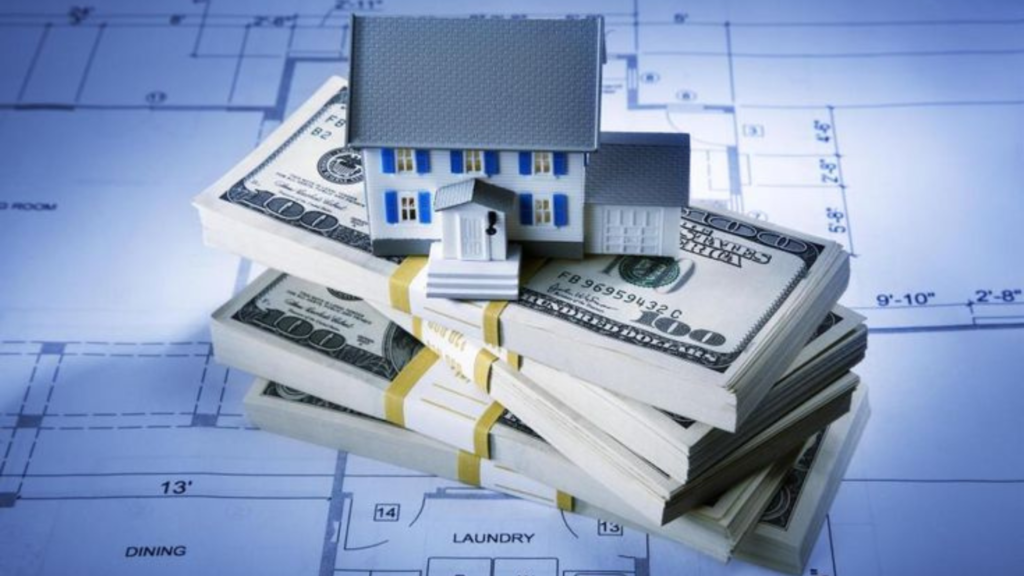Are you looking to get a house on a mortgage but scared of paying in installments for what may seem like forever? There are many ways to speed up your payments and reduce your years of payment by a significant margin.
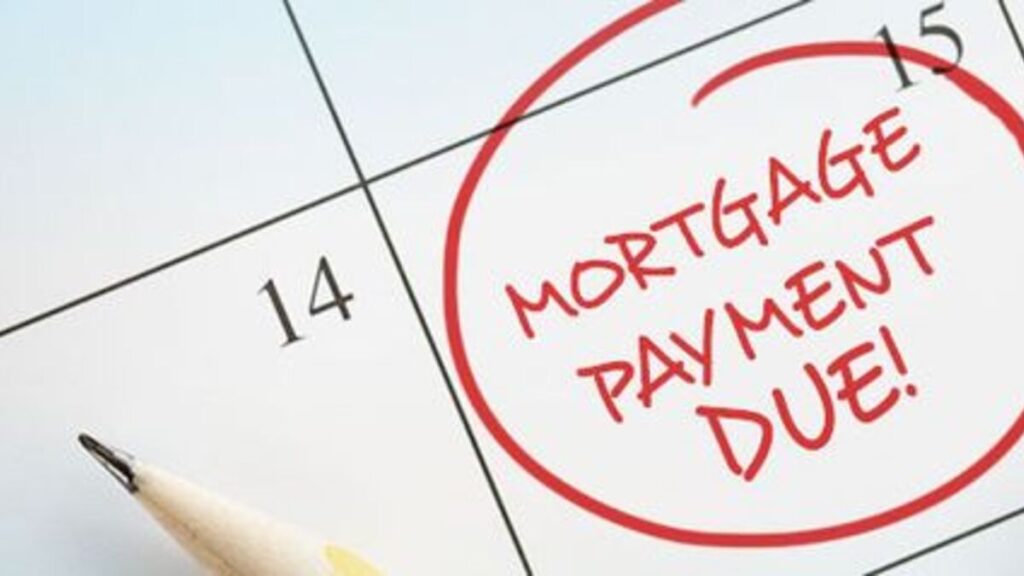
For those who can afford it, making biweekly mortgage payments may be the answer you have been looking for. However, this move requires a lot of thinking and proper planning for it to work.
How Do Biweekly Mortgage Payments Work?
Biweekly mortgage payments are simply installment payments made every two weeks. Usually, people make mortgage payments every month, but biweekly payments happen twice in one month. Since there are 52 weeks in a year, an extra full month would be paid for at the end of every fiscal year.
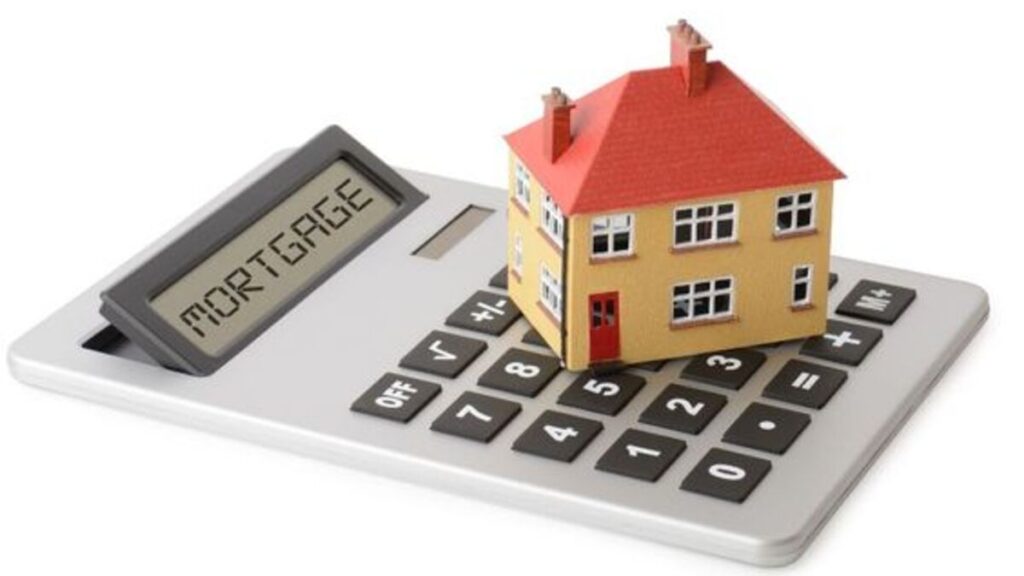
Therefore, one would have paid 26 times, making it 13 full months paid. If done properly, this strategy can easily help you remove several years from your term length.
Talk to Your Service Provider
People interested in biweekly payments must talk to their loan service providers. This is a more strategic approach to mortgage payment, but not all servicers offer it. Those who offer biweekly payments may also charge an extra fee to process the payments or hold both payments and apply them at the end of each month.

Therefore, it is very important to talk to your service provider to find out which services they offer and whether they suit your budget plans.
The Difference Between Biweekly and Monthly Mortgage Payments
There is a huge difference between biweekly and monthly mortgage payments. For those who pay monthly, the mortgage lender and the borrower fix a particular date every month on which payments are made. However, a biweekly plan is done differently.

The lender and mortgage owner set two days a week on which the owner pays the company half of what they would have paid in a full month. People can also set up automatic payment schedules if they agree.
ALSO READ: Earn $10K/Month and Build Real Estate Wealth Without a Mortgage by Flipping Fixer-Uppers
The Payoff Strategy
Since biweekly payments total 13 months by the end of the year, the repayment timeline and long-term interest costs significantly change. Over time, the 13th-month payment accumulates, which can take years off one’s payment plan.

This is usually more profitable for long-term borrowers who know how beneficial it could be. Some people get to scrap off over $100,000 in interest payments and inevitably save money as well.
A Case Study
For example, take two people who took a $300,000 mortgage loan with a 7% interest rate and a payment plan over 30 years. The one who pays biweekly would pay $998 every two weeks, while the one who pays monthly would pay $1,996. The biweekly plan would have a total interest rate of $311,876, while the monthly plan would pay $418,527.

The biweekly payer would also be done paying off the mortgage by year 23, while the monthly payer would still pay for the full thirty years.
Pros of Biweekly Mortgage Payments
Biweekly payments have many advantages that are cumulative over the years. The major one is that you can pay off your loans faster and save up for other things without worrying about mortgage payments anymore. Rather than paying off mortgages for a very long time, people can now invest, save, or even splurge on themselves.
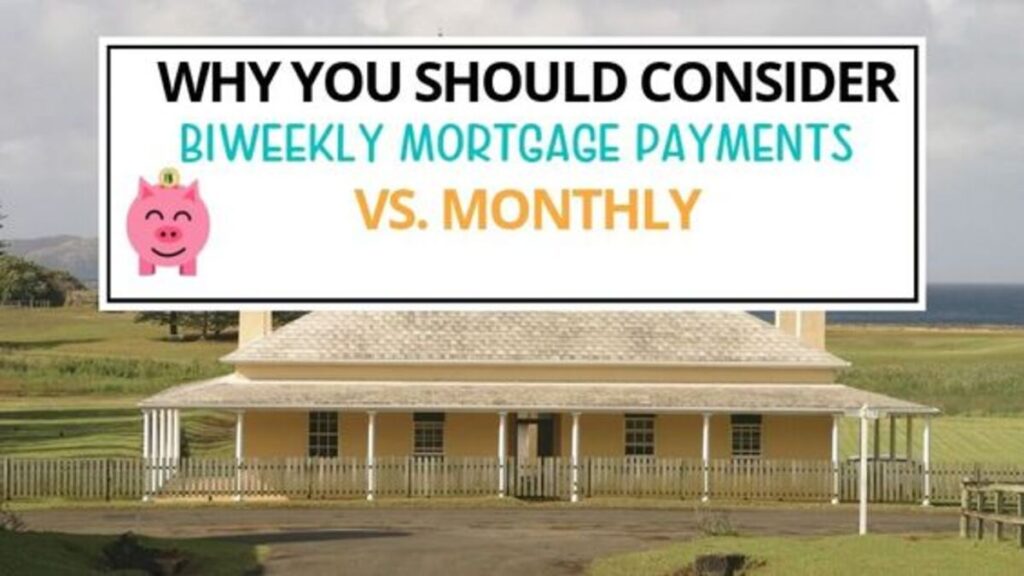
In addition, you can save thousands of dollars, which you can spend on other items, depending on your loan amount and mortgage rate.
Cons
Understandably, there are some downsides to this type of payment plan. These biweekly payments may come with extra service or processing fees from lenders or third-party processors. Also, one would end up paying more than they would have in a year since the fiscal year for payment is now 13 months and not twelve.

Lastly, paying biweekly requires a lot of dedication and more work that some people may not be able to afford.
Others Ways
For those who cannot afford biweekly payments, there are other ways to try to pay off their mortgage loans faster—one really efficient way is to put occasional windfalls toward their loan.

That extra cash you got on your birthday, holiday bonus, tax refund, huge tips, or just any extra money you think you can spare can go a long way in reducing your mortgage debt and your payoff time at the same time.
Making Larger Payments
Another really smart way to pay off your mortgage loans quickly is to make larger payments. The higher you pay, the more cumulative it is, which also reduces the amount of time you need to pay them off.

Even an extra $100 monthly would go a long way in reducing your mortgage over time. However, ensuring that your service provider applies the mortgage toward your principal balance and not your interest is important.
Refinancing or Making an Extra Payment
These are two additional ways to reduce your mortgage timeline. You can shorten your loan terms by making an extra payment every year while reducing interest rates. This is quite similar to how biweekly payments work.

Refinancing your home loan into a plan with a lower interest rate, shorter term, or both can also help you save money and reduce the time of payment by a considerable margin.
ALSO READ: A Detailed 2024 Review of AmeriHome Mortgage
Shortening Mortgage Plans
Biweekly mortgage payments considerably shorten the payment timelines. However, there is no fixed rate at which they shorten the loan terms. Each case is unique, as there are several factors to consider.
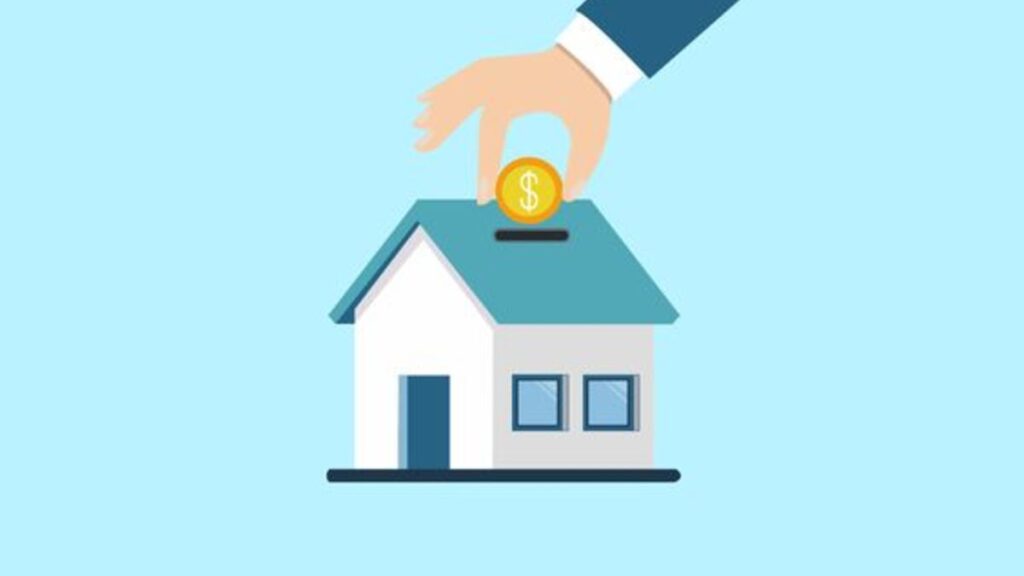
The loan amount and the interest rate on the mortgage are huge deciding factors. Service providers also play a huge role in determining whether biweekly payments would be beneficial based on the affordability of their extra service rates.
Biweekly or Monthly Payments?
One cannot simply decide which is better, as everyone knows what would suit them better. Both payment options have their own pros and cons, and the mortgage owner is always in the best position to decide which is better.

Some people may be unable to afford biweekly payments due to their income. However, biweekly payments may be easier for others who get paid weekly at their jobs. Therefore, it is majorly subjective and varies per person.
You Might Also Like:
A Detailed 2024 Review of AmeriHome Mortgage
How Much Does a Mortgage on a $500,000 House Cost?
Earn $10K/Month and Build Real Estate Wealth Without a Mortgage by Flipping Fixer-Uppers
The Dynamics and Cost of Living in a Tiny House
Comparing The Average Savings Between Baby Boomers, Gen X, Millenials, and Gen Z

